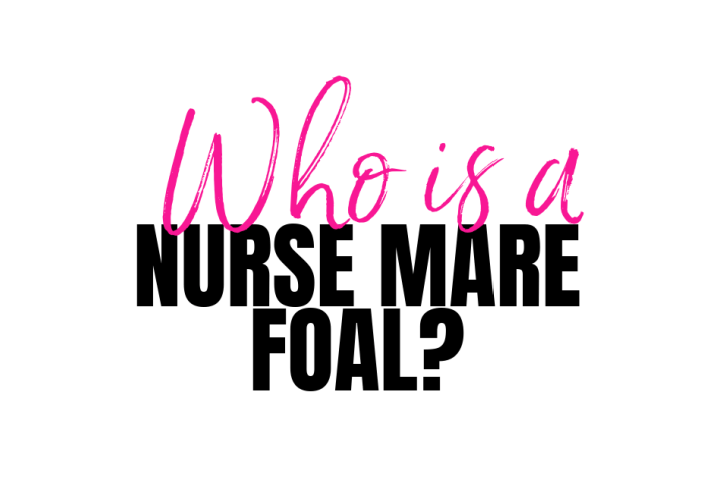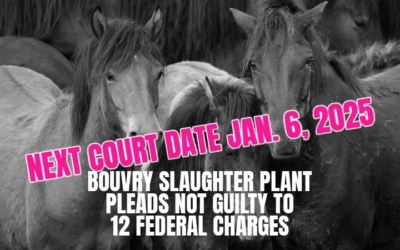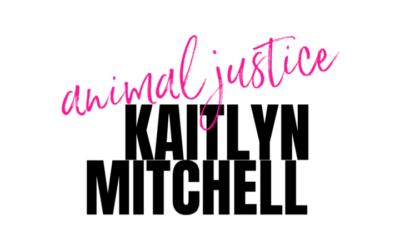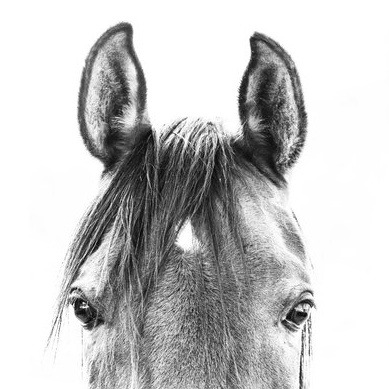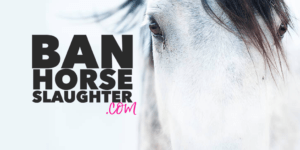WHEN YOU SUPPORT HORSE RACING
When you support racing you support the slaughter of a little-known “by-product” of the racing industry, “nurse mare foals“. Many nurse mare foals are slaughtered immediately after their birth, not necessarily using humane methods.
The racing industry intentionally creates nurse mares to use to feed intentionally “orphaned” foals.
There are a few reasons breeders use nurse mares – including the reason above but there are other reasons…
- They have a mare they want to be able to race again as soon as possible so they don’t want her nursing her foal.
- They may want to breed her again as quickly as possible.
In both cases, they take her foal way and a nurse mare nurses him or her.
Again, for a mare to be able to feed any baby she must be lactating and lactation is brought on in one of two ways.
- By giving birth to a foal of her own
- or being treated with hormones.
Treating a mare with hormones to induce lactation is expensive so the most common way is to breed a “nurse” mare and then take away her baby so she can be used to feed a foal who is considered more valuable than one she gave birth to.
There are operations that specialize in the leasing of nurse mares to breeders.
Sadly, as soon as the foals born to the nurse mares are born they are considered worthless.
The “nurse mare foal” is disposed of.
In some cases, because the meat of foals is considered a delicacy the foals are slaughtered for that purpose.
(Horse slaughter for human consumption is alive and well and is legal in Canada and Mexico and horses from the USA are routinely shipped to both countries for that purpose.).
“Pony skin” is often sought after in the fashion industry. We know, gross right?
Many foals born to mares who go on to be used as nurse mares are destroyed.
Is that legal or humane?
In many cases, it is certainly not humane but even still it happens regularly.
If a need arises to take a foal “off” a mare deemed too valuable to raise her foal, and a nurse mare is not available, then inducing early labour of a nurse mare — where the foal has no chance of living is another “technique” used by these operations.
Again, many nurse mare foals are born and are simply destroyed, not necessarily using humane methods. Whether or not it is humane does not matter – it still goes on.
The lack of concern for foals born to create nurse mares is just one of the many reasons we implore you to join us in boycotting the horse racing industry.

T-SHIRTS IN SUPPORT OF HORSE RESCUE FUND
LIMITED TIME OFFER FREE SHIPPING CANADA & USA
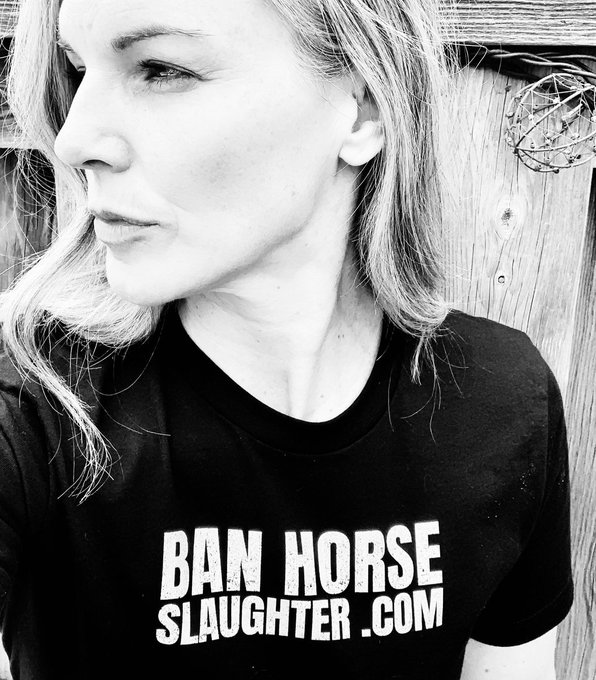
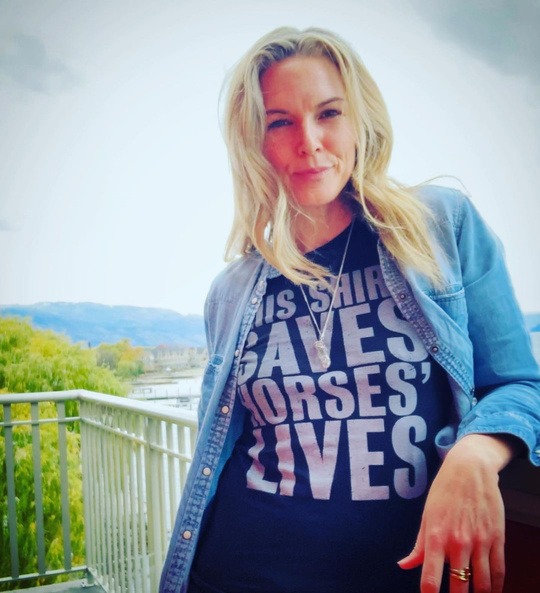
CANADA SLAUGHTERS HORSES FOR HUMAN CONSUMPTION
It may be hard for some to believe that tens of thousands of horses, including pets, are routinely slaughtered in Canada, for human consumption.
Some of the meat is consumed in Canada and much of it is shipped to the European Union and other markets, including Japan.
The barbaric slaughter of horses is currently not legal in the United States, BUT horses, including pets and ex-racehorses, from the United States are shipped to Canada and to Mexico to be slaughtered.
In addition Canada allows for the transportation of live horses to Japan, to be slaughtered for human consumption, and unfortunately the transportation of horses destined for slaughter within Canada, and by air, is far from humane.
BOUVRY UPDATE
THE MAIN FEED LOT AT BOUVRY UPDATED MARCH 30, 2024: The main FEEDLOT belonging to the Bouvry slaughter plant in Fort MacLeod, Alberta, Canada -- which for years has been used to fatten up horses before slaughter -- has been empty for some months now. BUT horse...
12 CHARGES LAID AGAINST BOUVRY
FIRST PUBLISHED SEPT. 8, 2023 UPDATED DEC. 13, 2024From the Canadian Food Inspection Agency (CFIA) website. All of the following 12 charges are related to activities of Bouvry Exports Calgary Ltd. that occurred in July 2021. The accused party appeared in court in Fort...
VIDEO: KAITLYN MITCHELL ANIMAL JUSTICE
STANDING COMMITTEE ON AGRICULTURE AND AGRI-FOODFEB. 29, 2024: Director of Legal Advocacy, Animal Justice Canada, lawyer, tireless advocate AKA superhero Kaitlyn Mitchell spoke before the Standing Committee on Agriculture and Agri-food on Bill C-355. To say we were...

